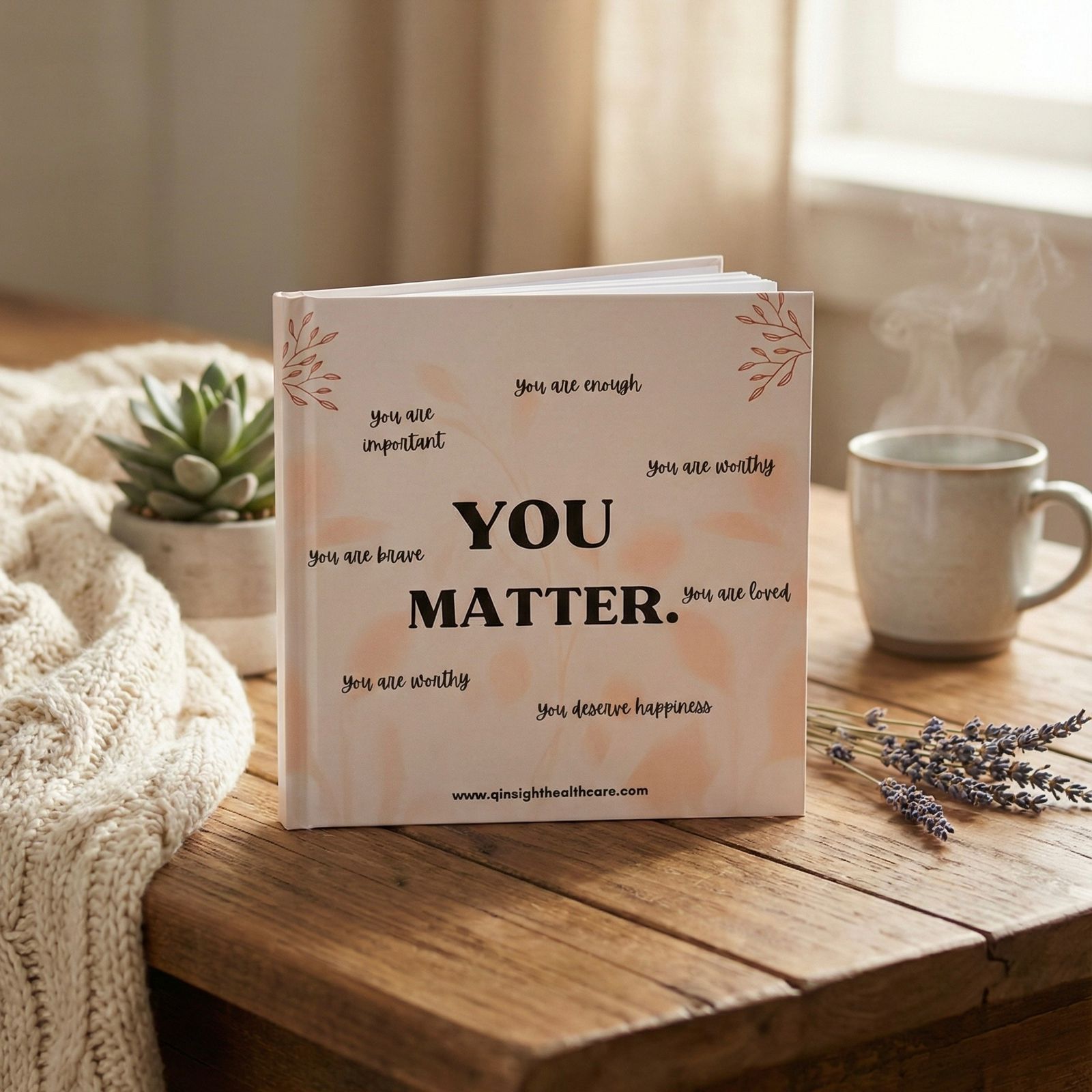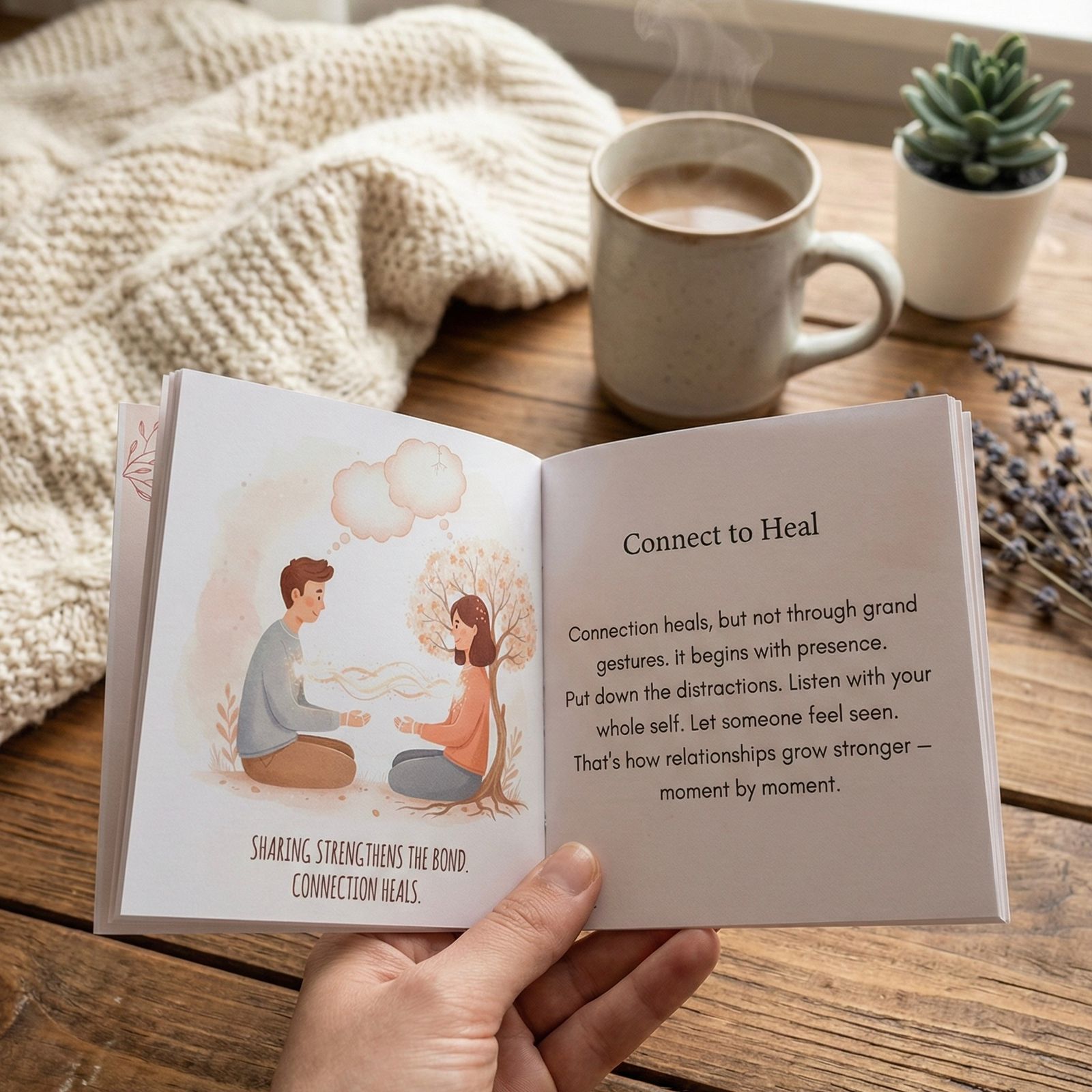How to Deal with War Anxiety
Amidst the growing tensions, conflicts, and aeriel attacks between India and Pakistan, Citizens may be experiencing War Anxiety. War Anxiety refers to the psychological distress, fear, or discomfort that individuals experience due to the real or anticipation of war or conflict.
You may be experiencing War Anxiety if, considering the current geopolitical scenario,
- you are feeling increasingly irritated or helpless
- you are feeling emotionally overwhelmed or sad or fearful or anxious
- you are being hypervigilant
- you are experiencing physical symptoms such as headaches, sleep disturbances, digestive issues, etc.
- you are avoiding the news, travelling, or having conversations about the ongoing conflicts
War anxiety is very specific to the situation of geopolitical conflict and existential threat. This may arise from the fear of physical harm or death, loss of loved ones, displacement, or loss of basic resources. If you are experiencing the above symptoms in the wake the current situation, you may be experiencing war anxiety.

Ways to Manage War Anxiety
-
- Consume news for a limited amount. Avoid doomscrolling. Set specific times for news updates. Stick to authentic sources of news. Don’t believe whatsapp messages that are not from authentic sources or spreading messaging without verification.
-
- Focus on the things that are realistically in your control. Make a big circle on a piece of paper and write down everything that is realistically in your control. Everytime you feel anxious, bring your attention back to this circle.
-
- Ground yourself in the present repeatedly. Use grounding techniques such as identifying colours or objects around you, making small body movements, changing postures, deep breathing techniques, etc.
-
- Engage in prosocial behaviour. Help or contribute to the situation in ways that you can. Maybe by donating or volunteering or educating others using authentic sources.
-
- Limit your catastrophic thinking. Focus on facts rather than assumptions and ground yourself in the present.
-
- Maintain your routine and physical activity to improve your emotional regulation.
-
- Make a safety plan for you and your family, including emergency contacts financial planning, exits, basic resources, etc.
-
- Talk to supportive people around you or a mental health professional or use journalling. However, talk to them to express yourself and focus on your actions/things in your control instead of reinforcing your fear by going in circles around the issue.
-
- Don’t hesitate to seek professional help when needed!
We are here to support you!
From the Desk of
Divya Utreja
Founder & Clinical Psychologist (RCI)

2025, All rights are reserved to QInsight Healthcare

2025, All rights are reserved to QInsight Healthcare
- C2, Sector 31, Gurugram, Haryana 122007
You Matter
A pocket-sized reminder to pause.
You Matter is a tiny book filled with gentle reminders to return to yourself when the world feels too loud.
Through simple reflections on self-talk, forgiveness, emotional regulation, slowing down, letting go, and staying connected, it invites you to explore who you are with softness and honesty.
Each page offers a moment of clarity, comfort, or perspective—reminding you that growth is not linear and there is no final version of you.
Created as a quiet companion for daily life—whether to keep on your desk, gift to someone you love, or reach for when you need a pause.
For anyone learning to be kinder to themselves while navigating real, imperfect life.
WhatsApp us



